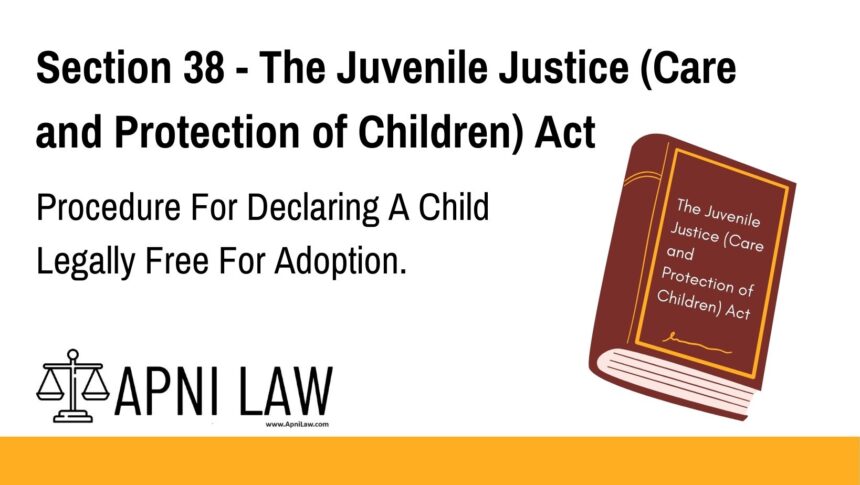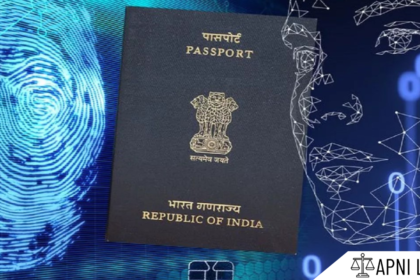Code
Section 38 outlines how the Child Welfare Committee (CWC) declares children legally free for adoption, focusing on orphaned, abandoned, and surrendered children. It emphasizes timelines, responsibilities, and the requirement of thorough inquiry before such a declaration is made.
Explanation
1. Orphan & Abandoned Children
-
The CWC must try to trace the parents or guardians.
-
If the child is truly orphaned (no one to care for them) or abandoned, they can be declared legally free for adoption.
-
⏳ Time limit:
-
For children aged 0–2 years: within 2 months.
-
For children above 2 years: within 4 months.
-
Note: No FIR (police complaint) is to be registered against biological parents in the process of inquiry.
2. Surrendered Children
-
After the mandatory reconsideration period under Section 35 (usually 60 days), the child care institution must bring the child’s case to the CWC.
-
The Committee will then decide on legal adoption eligibility.
3. Special Circumstances
-
A child of mentally retarded parents or a child born due to sexual assault can also be declared legally free for adoption.
-
This must be done by following due process under the Act.
4. Minimum Quorum for Decision
-
At least three CWC members must be present to declare a child legally free for adoption.
5. Reporting Requirements
-
The CWC must report monthly to:
-
The District Magistrate,
-
The State Adoption Resource Agency (SARA),
-
The Central Adoption Resource Authority (CARA),
-
Including:
-
Number of children declared legally free.
-
Number of pending cases.
-
-
Illustration
Example:
An abandoned 1-year-old girl is found near a temple and brought to the CWC. The CWC tries to trace the parents using police, posters, and public announcements. After 2 months, since no one comes forward, and all inquiries fail, the CWC (with at least 3 members present) declares the child legally free for adoption and informs the District Magistrate and CARA.
FAQs
Q1: Can a child born of rape be placed for adoption without parental consent?
Yes, the CWC may declare such a child legally free for adoption following procedure.
Q2: Is police involvement allowed for abandoned children?
Yes, for inquiry — but the law prohibits registering an FIR against the biological parents in such cases.
Q3: Who ensures timely processing of these declarations?
the CWC is responsible, and the District Magistrate reviews pending and completed cases monthly.
Conclusion
Section 38 ensures timely and legally sound declarations for children to become eligible for adoption. It balances child rights, parental privacy (especially in sensitive cases), and procedural fairness. It also sets strict timeframes and requires transparency and accountability from the CWC.








